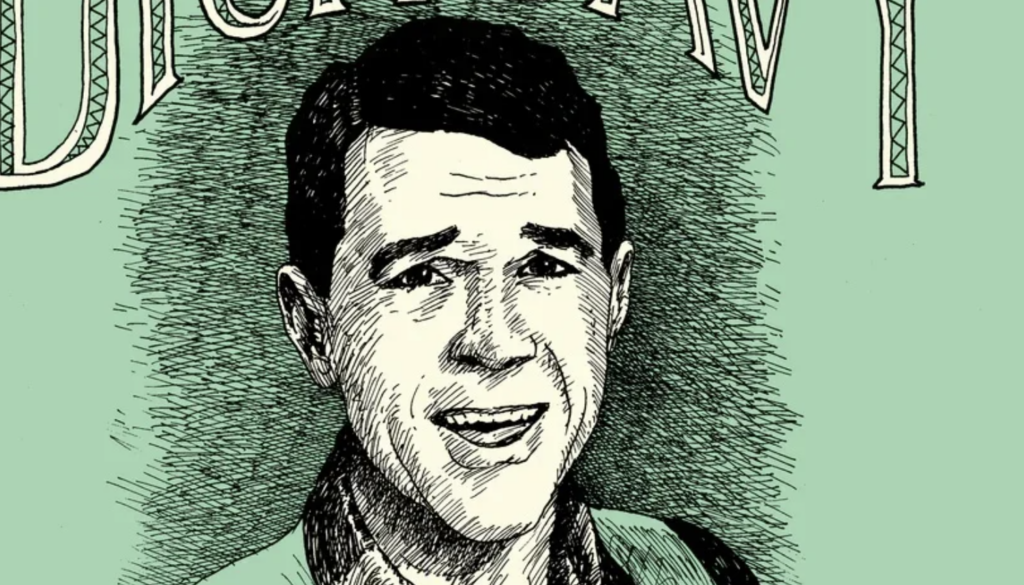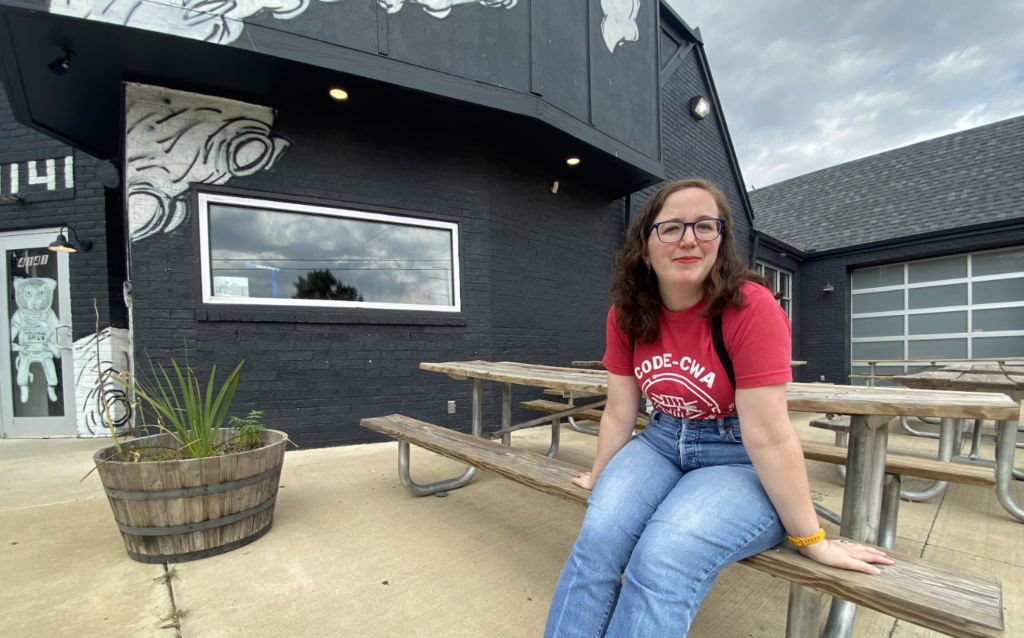Colin in Black & White offers an honest look at race and activism
Colin Kaepernick and Ava DuVernay’s series offers a primer for important conversations

Colin in Black & White. (L to R) Mary-Louise Parker as Teresa, Nick Offerman as Rick Kaepernick, Jaden Michael as Young Colin in episode 103 of Colin in Black & White. // Courtesy Netflix
Usually, when I think about TV-based programming about racial justice aimed toward kids, I think of the well-meaning but-flattened primetime specials of my youth, ones where racism or the civil rights movement could be summed up or solved in a tidy three-act structure.
Mostly I remember that the cultural narrative of TV movies like The Color of Friendship or Ruby Bridges (as relatively progressive as they were), was that the fight was over and the good guys won. Racism was presented as a thing of the past, not an ongoing systemic issue.
That narrative is one I and many other white Americans only started unpacking after the killing of Michael Brown in 2014, and it’s one I’m still trying to unlearn.
Colin in Black & White, the Netflix limited series from Ava DuVernay and Colin Kaepernick, is a tool I wish I’d had when I was growing up. The series dramatizes Kaepernick’s teen years, with narration and perspective from Kaepernick himself. It feels honest, empowering, and most of all dedicated to creating meaningful dialogue on the subjects of race, racism, and cultural identity.
It’s a series that addresses messy truths in ways that are meant to challenge younger viewers and their families—and encourage discussion.
The six-episode series introduces us to a high-school-aged Colin (Jaden Michael) and his adoptive parents Rick (Nick Offerman) and Teresa (Mary-Louise Parker). Kaepernick himself comments on the proceedings with the benefit of hindsight and experience.
Together the episodes follow young Colin’s journey toward playing college (and eventually professional) football, while individually addressing instances exemplifying the microaggressions, outright racism, and identity crises Kaepernick faced growing up as a young Black man in a predominantly white community.
The real-life Kaepernick puts what we’re seeing into perspective, providing narration and occasional detours on Black history and culture.
Colin in Black & White feels episodic and specifically pointed, but it offers enough of an arc that we’re invested in seeing Michael’s character succeed.
The first episode, for instance, focuses on Colin’s first experience getting cornrows to the discomfort of Teresa, who has to navigate Black hair culture for the first time alongside her son. Colin is exhilarated to be with people who understand him in ways his parents can’t.

Colin in Black & White. (L to R) Mary-Louise Parker as Teresa, Jaden Michael as Young Colin in episode 105 of Colin in Black & White. // Courtesy Netflix
Teresa wants to be supportive, but ultimately fails, siding with Colin’s white coaches in telling him his new hairstyle makes him look like “a thug.” The disappointment on Michael’s face is clear, as Kaepernick tells us he wouldn’t attempt the look again for another 14 years.
Primarily, the show is interested in Colin finding pride in his identity. In contrasting that period of discovery with the adult activist Kaepernick, it shows us how that journey eventually created the empowered man before us.
The adult Kaepernick notes multiple times the system of expectations that hindered his success as a youngster, couching it in much bigger examples that Black people face daily, whether it’s making the varsity team, applying for a loan, or experiencing police brutality.
The system, he reminds us, isn’t broken. It was made to oppress.

Colin in Black & White. Colin Kaepernick as Colin in episode 101 of Colin in Black & White. // Courtesy Netflix
Many of these lessons won’t come as a shock to those who already support Kaepernick and his activism. However, they’re communicated in a way that makes it easy to understand his perspective and to open the door for younger audiences (and their parents) who may be considering these issues for the first time.
There are occasional instances of language that adults might not love younger kids hearing, but for the most part, the show is useful, quality family viewing.
Colin in Black & White offers a refreshing approach to content that’s historically fallen short of where it needs to. DuVernay and Kaepernick together create a story that encourages young viewers of color to pursue their goals through difficulty, and asks white viewers to consider their own privilege.
The show takes on thorny issues in ways that aren’t difficult to watch, and feel authentic and complex instead of preachy. It’s a well-crafted resource to start discussions about important topics, and hopefully help shape impressionable minds for a long time to come.




